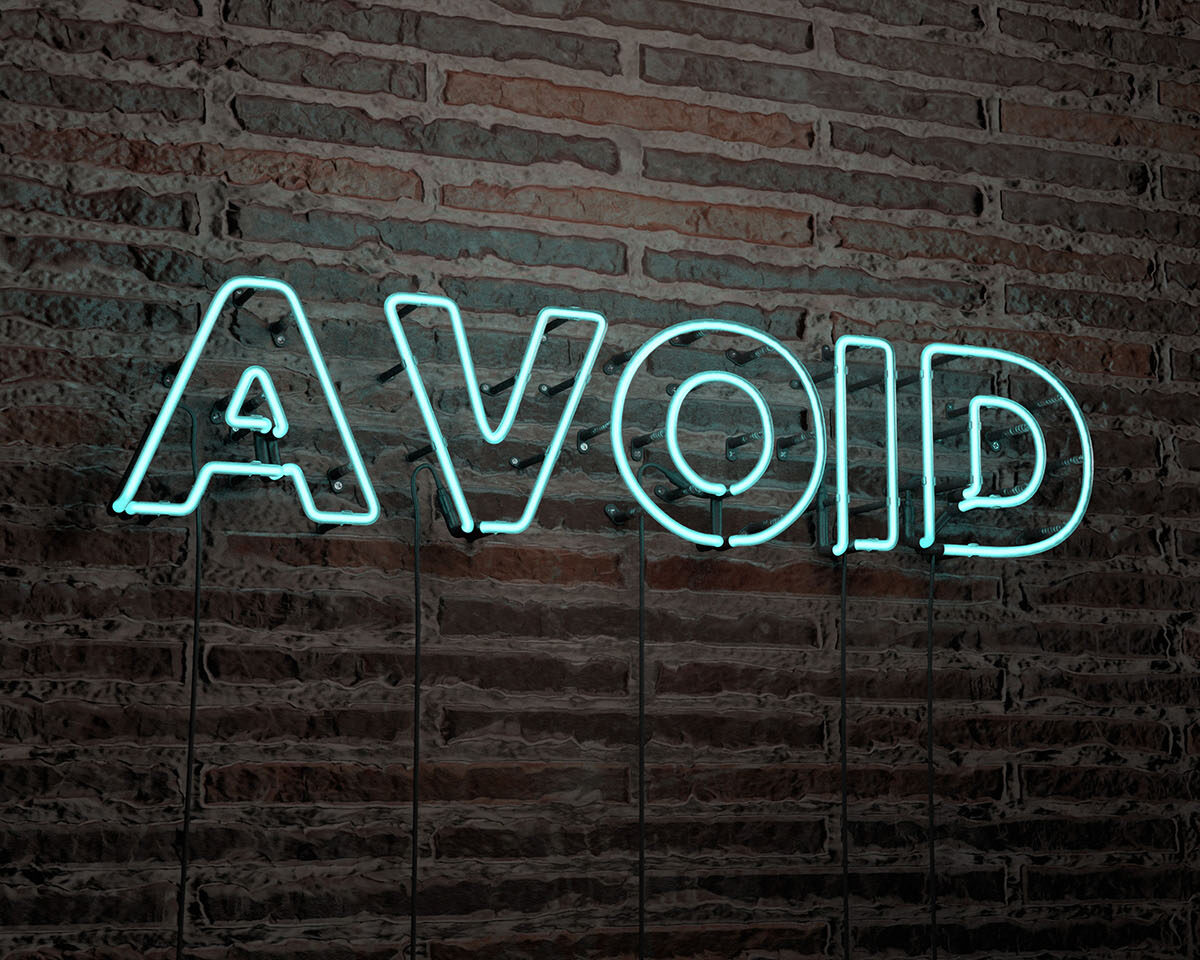3 Suggestions to Boost Your Mood and Improve Your Performance
This past year I have noticed how my vocabulary impacts my attitude. Words have power. They impact others, of course, but they can also have an impact on us.
I was once headed out of town for a speaking engagement. A friend called and asked me where I was going. I said, “Oh, I’m headed to San Jose. I have to speak at a convention.” I said it with a little resignation in my voice.
The moment I hung up, it hit me. I don’t have to speak. I get to speak. That instantly changed my attitude.
How many people would gladly do this for free—or even pay for the opportunity? Yet I was getting paid to do it.
Small Shift, Big Difference
The first expression (i.e., I have to do it) is the language of duty. Nothing wrong with that. I am all for responsibility.
But too often we say it with a sigh, like it’s a sentence—or we’re a victim. It can easily become pessimistic, and nothing will kill your creativity, job performance, or relationships like going negative.
The second expression (i.e., I get to do it) is the language of privilege. It’s as if we have been given a gift, and we are relishing the opportunity.
This subtle shift may seem small, but it has had a big impact on my attitude. I am choosing the language of privilege every chance I get.
- I don’t have to workout this morning; I get to workout. What a privilege to be healthy and be able to care for my body.
- I don’t have to write a new blog post. I get to write one. What a privilege to have readers that actually care what I have to say.
- I don’t have to meet with the guys in my mentoring group; I get to. What a privilege to meet with eight young men who want to learn and grow.
- I don’t have to go to church today; I get to go to church. What a privilege to belong to a church where I can worship God and where I have such good friends.
- I don’t have to stop by the grocery store on my way home; I get to stop by the grocery store. What a privilege to live in a place and at a time where we don’t have to forage for food.
You get the idea.
3 Suggestions to Make the Shift Yourself
You can make this shift, too. Here are three suggestions:
- Become aware of your vocabulary. This is a little like my post on the difference between try and do. The first step is to actually become aware of the words you’re using. Sometimes it feels like the mouth has a mind of its own. We just say things out of habit.
- Start using get to rather than have to. Habits can be hard to break. This might require some practice and a little persistence. You don’t need to become compulsive about it, but start intentionally using the language of privilege rather than duty.
- Notice the difference it makes in your attitude. For starters, it can suddenly make you grateful. Rather than dreading or resenting an activity, you can be thankful for it. And the more gratitude we express, the better we feel and perform. It will give you several distinct advantages, especially at work.
I was talking to an author friend a while back. He was lamenting the fact that he had to actually write his book, now that he had a contract.
I stopped him and said, “No, Josh, you get to write this book. This has been a goal of yours for as long as I have known you. You are living your dream, buddy!”
Instantly, his attitude shifted. “You’re right. I get to write this book.”
Whatever we’re facing, we can usually up our game by focusing on the positive. This small shift is a great way to get some easy traction in the right direction.
Disclosure of Material Connection: Some of the links in the post above are “affiliate links.” This means if you click on the link and purchase the item, we will receive an affiliate commission. Regardless, we only recommend products or services we use and believe will add value to our readers. We are disclosing this in accordance with the Federal Trade Commission’s 16 CFR, Part 255: “Guides Concerning the Use of Endorsements and Testimonials in Advertising.










